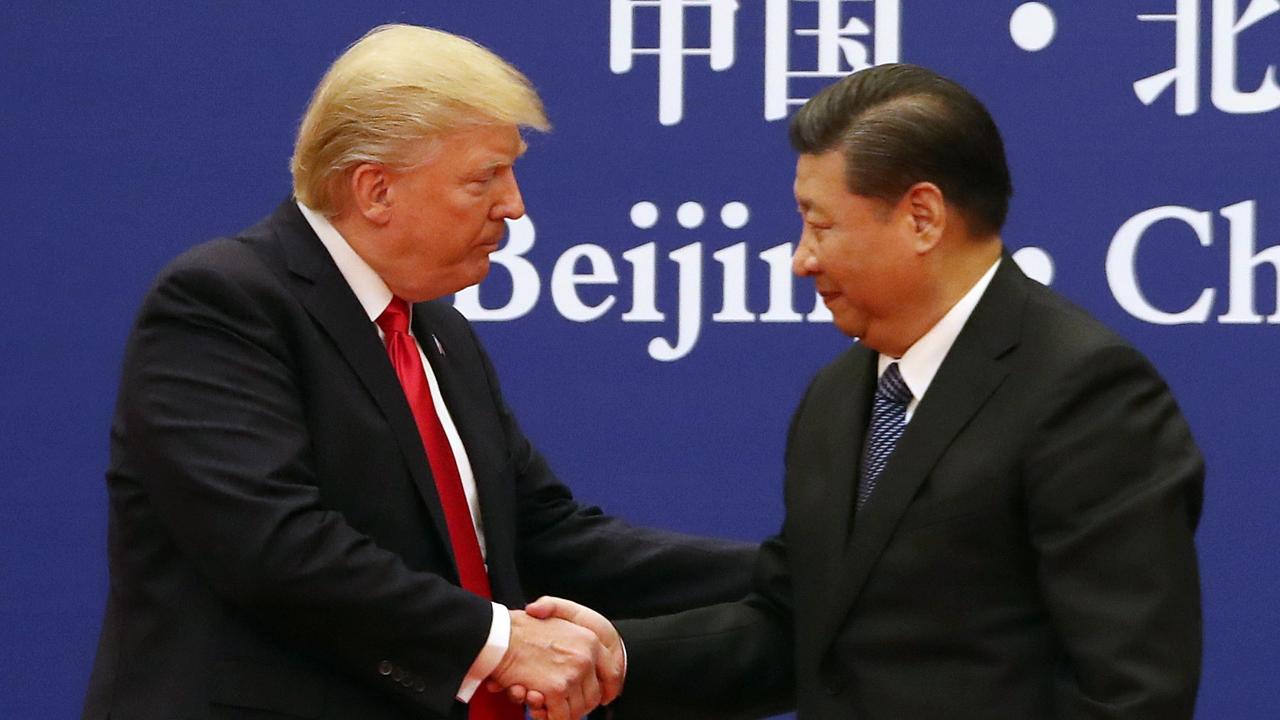Boeing, American Express among companies expanding in China despite trade conflict
A U.S. delegation is meeting with officials from China on Thursday and Friday as the two countries attempt to iron out a trade conflict, but some domestic companies are shrugging off the dispute and forging ahead with ambitious plans to get in on the massive Chinese market.
In recent weeks, a number of prominent U.S. companies have announced progress in plans to expand in China despite a tit-for-tat tariff escalation and talks of a potential trade war emerging between the world’s two largest economies.
While both countries have announced rounds of tariffs on $50 billion worth of goods, President Donald Trump has threatened another $100 billion round, against which Beijing has promised to retaliate in kind.
Treasury Secretary Steve Mnuchin, who will be part of the delegation, told FOX Business this week he’s “cautiously optimistic” about the meetings, but refused to make any forecast on the outcome.
As President Trump stands firm on reducing the trade deficit between the two countries, and Beijing has so far refused to bow to pressure, here are some of the U.S. companies that appear to be proceeding with their plans.
American Express
American Express announced last week that it was closing a deal to offer its services in China, which would make it the first U.S. card company to do so.
The New York-based company said the People’s Bank of China was formally accepting its application, which is for a joint venture with Chinese mobile payment provider Lianlian Group, to clear and settle bank transactions.
The credit card market in China is largely dominated by a state-owned entity, UnionPay. There is speculation that Beijing will tout the deal during discussions with U.S. officials as an example of the government’s willingness to open up its economy.
Boeing
At the end of last month, airplane manufacturer and aerospace giant Boeing said it hoped to have a new plant in China by the end of this year.
CEO Dennis Muilenburg said construction is under way on the facility, which is located near Shanghai. The new plant will be used to complete construction on 737 jets. Boeing rival Airbus already builds aircraft in China.
Boeing stands to suffer from any material deterioration in the trade relationship between the U.S. and China; it is the largest U.S. exporter to China, a status exposing it to any escalation of tariff tension. The company has said that more than 50% of all commercial jetliners operating in China were built by Boeing.
Boeing is counting on China as a major export market moving forward. In September, the company said it expects demand in the country to be valued at about $1.1 trillion, equal to 7,240 new aircraft, over the next two decades. That represents almost 20% of the company’s global projections. Boeing signed a $37 billion deal to sell 300 aircraft to China late last year.
Starbucks
At the end of last year, Starbucks announced it was opening its largest location in the world, a 30,000-square-foot roastery in China. It operates about 3,000 stores in the country and said it was opening new stores there at a pace faster than one per day. Starbucks has more stores in Shanghai than it has in either New York, London or Los Angeles.
For its fiscal second quarter, Starbucks reported that comparable-store sales increased 4% in China, compared with 2% in the U.S. Net revenue in China and the Asia-Pacific region grew 54% year-over-year to $1.18 billion.
Starbucks hopes to have 5,000 locations in China by 2021.




















